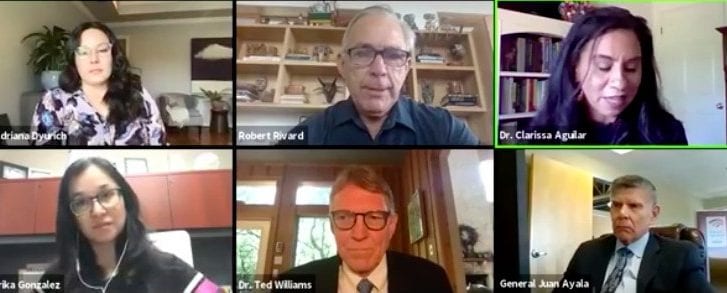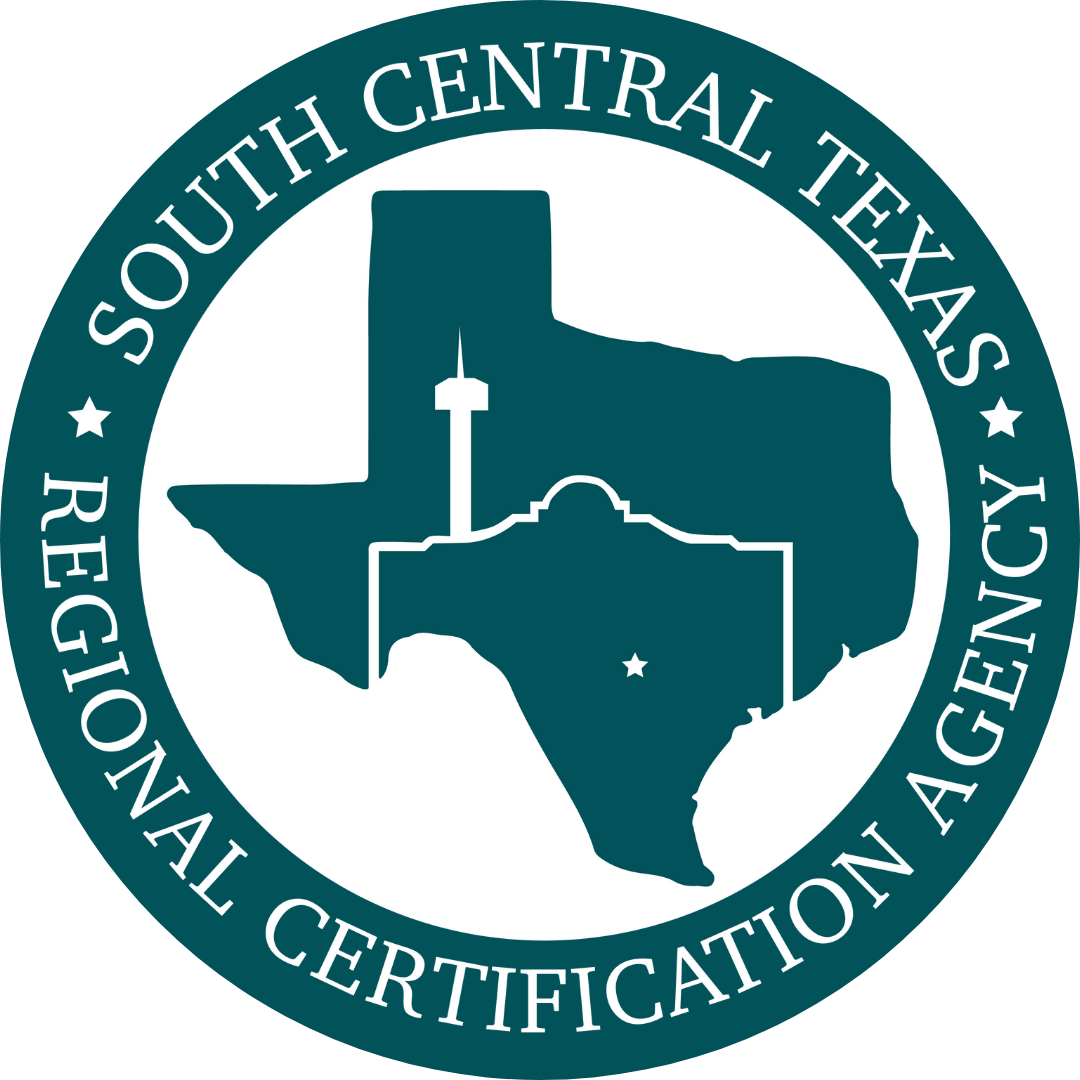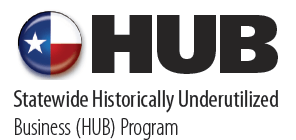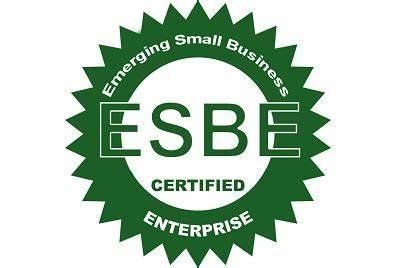
This story was originally published by San Antonio Report and can be found here.
Mental health experts encourage small-business owners wrestling with coronavirus-related stress and anxiety to talk openly and honestly about their struggles to cultivate a flexible work environment that can adapt to the needs of the business and its employees.
In a webinar hosted by the San Antonio Hispanic Chamber of Commerce (SAHCC) on Thursday, the local experts said a “silver lining” to the coronavirus pandemic is that it highlights the need for people to pay attention to their mental health when they are struggling with heightened or overwhelming emotions.
“What we know is that there is a lot of power in acknowledging the struggle,” said Clarissa Aguilar, behavioral health consultant with the Center for Health Care Services, Bexar County’s mental health authority. “Checking in with people if they seem like they need help or resources, and helping people remember the mission and vision, will help keep people connected to the passion that” made the entrepreneurial venture possible.
Joining Aguilar in the conversation focused on “normalizing” conversations about mental health and the workplace were Adriana Dyurich, a licensed counselor with UT Health San Antonio, and Dr. Ted Williams, founder of Genesis Psychiatric Center and UT Health San Antonio psychiatry professor. Rivard Report Editor and Publisher Robert Rivard moderated the panel conversation, sponsored by UT Health San Antonio, on the videoconferencing platform Zoom.
SAHCC Chairwoman and webinar organizer Dr. Erika Gonzalez said that SAHCC’s health and bioscience committee had planned to spend this year creating a health and wellness program for employees of small businesses that included a strong mental health component, but “when the pandemic occurred, there were more and different mental health issues that arose as small business owners struggled to keep their doors open and people employed,” so the focus shifted to employers.
“We were in an existing mental health crisis in our country before the pandemic hit,” Aguilar said, noting “the mental health effects for this pandemic will be longer lasting than the physical health ones.”
“The first thing I have done is tried to help my employees understand at least my perspective of the facts,” Williams said. “Fear-driven behavior won’t help us very much.”
Mental health support
Center for Health Care Services
Adults: (210) 261-1250; Children: (210) 261-3350
Texas Health and Human Services Commission
COVID-19 Mental Health Support Line, (833) 986-1919
Ecumenical Center of San Antonio
15-20 minute wellness visits by phone, (210) 616-0885
Guardian House
Free daily support group, noon Monday-Friday, (210) 733-3349
Cross Bridge Church
Pastor Shawn Sullivan, (210) 849-5905
Reflection International Ministries
Ramon Chapa, (210) 365-5250
CJC Life Church
Text (210) 724-3353 to begin the process
Mind Your Self Counseling
Support for ages 5 and up, (210) 564-9116
Stephen A. Cohen Clinic at Endeavors
Virtual appointments for veterans and immediate family, (833) 286-8387
Providence Place
Marriage and family therapy, (210) 643-7464
Aguilar said that by thinking “about what you value,” personally and professionally, and “the things that drive those values,” business owners can create a plan of action.
“Small-business owners are having to think about the challenges and ethics involved, because economically there is a need, but from a social or population health perspective” they may wonder if they are doing the right thing for the community, Aguilar said. “If you can focus on one thing that is related to what you value the most, it can help you feel better about making decisions and also help with mental health.”
For small-business owners to stay grounded, Aguilar used the metaphor “dropping the anchor,” which involves “acknowledging thoughts and feelings and engaging in the present moment to guide decision-making.”
“We are all facing a big storm but we may not all be in the same boat, and dropping the anchor won’t make the storm go away but it will keep the boat in place,” Aguilar said.
Williams recommended “giving each other quite a bit of grace to have differing opinions.”
“When people are afraid, they can’t help in that moment that they are afraid, and we need to not be judgmental about their behavior so they won’t be judgmental about our behavior,” Williams said. “Remember that ultimately we want a good outcome not just for ourselves, but for each other, because that will win the day.”
But for those moments when people are too overwhelmed with their emotions to process them reasonably on their own or through conversations with trusted peers, the panelists said it’s important for people to know what resources are available to people who need help from trained professionals.
“There is a difference between being down and upset and being depressed,” Williams said, explaining that depression stays with a person; it’s not a feeling one simply moves on from.
In addition to talking openly about feelings both at and outside of work, panelists encouraged people experiencing overwhelming emotions to spend 30 minutes a day doing something active or meditative, including spending time outside or going for a walk, and “giving yourself grace and prioritizing what is important in a given moment.”
For those with children at home, it might be that math is not the thing needing to be prioritized at the moment. Remind yourself that teachers were trained to know how to teach their students, Dyurich said.
Noting that most entrepreneurs are high achievers, Aguilar said it can be important to “dial back down the expectations you set for what can be accomplished.”
“During this time people need to learn how to better embrace and respond to change,” Aguilar said. “We might not have the most optimal circumstance in our home or at work, but we can remember we are trying to do our best.”
Are your Allergies bothering you?
Let our specialists provide you with world-class care.

Our Mission:
Guided by the needs of our patients, we deliver personalized comprehensive medical care through science and compassion.
Allergy & Asthma
Clinical Trials
Chronic Care
Covid-19
Locations
Olmos Park:
341 East Hildebrand
San Antonio, TX 78212
Westover Hills:
10447 State Highway 151
San Antonio, TX 78251
Medical Center:
Medical Tower II
7940 Floyd Curl Dr Ste 1050
San Antonio, TX 78229
Contact
Phone: (210) 616-5385
Fax: (210) 647-1012
info@staampallergy.com












